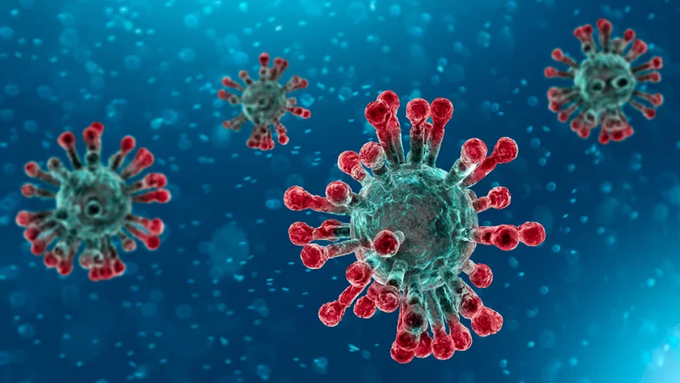By IANSlife Features
New Delhi– Think you have COVID-19 but not sure? Your test came our positive for coronavirus, now what? IANSlife speaks to Dr. Vikas Maurya, Director and Head, Dept. of Pulmonology & Sleep Disorders, Fortis Hospital, Shalimar Bagh to find out what steps you can take incase of such an event.
The main symptoms include fever, cough, and breathlessness. It also includes fatigue, chills, bodyache, headache, sore throat, loss of smell and taste, nausea, and diarrhoea. Some people are more prone for the disease example elderly, diabetics, patients with hypertension, heart disease, chronic lung disease, chronic kidney disease, chronic liver disease, cancer disease, immunosuppressive therapy, transplant patients, and those who smoke cigarettes.
Steps to follow if you think you have COVID 19:
Firstly, if you feel you have COVID 19, have an e-consult with a doctor. Try to avoid going to a hospital. Not only will this significantly reduce the risk of the infection spreading, but it will also prevent you from over exertion
Once you have had the consult, the doctor will decide if you need to get a COVID 19 test done. If he feels it should be done, he will write a formal note indicating the same
You can get the test done at the hospital nearest to you or the sample can be collected from your home. Once your sample has been collected you will need to wait for 24 to 48 hours before the result comes
Once the result comes, the doctor will advice you on the further steps. In mild cases, doctor’s advice patients to stay at home and quarantine themselves within a single room. If more serious cases, patients need to get admitted into the nearest hospital. They will be put into isolated COVID 19 wards which has a separate staff that only tends to them. Symptomatic treatment is usually advised along with multivitamins
In home quarantine, the patient can either avail a homecare package for COVID 19 patients or continue e-consults with the doctor who prescribed the test
At home, regular temperature checks along with high fluid intake is of paramount importance. The rest of the family should be completely cut off from the patient – there should be no contact, interaction, a significant distance should be maintained, and shared dishes and other items are a strict no
The patent should sanitise his/her hands often and should always use triple layer medical mask. The mask must be replaced after 8 hours of use or earlier (if they become wet or visibly soiled). Disposable masks are never to be reused. A used mask should be considered as potentially infected
Masks used by patients / care givers/ close contacts during home care should be disinfected using ordinary sodium hypochlorite solution (1%) and then disposed of either by burning or deep burial
In home quarantine it is important to keep monitoring if the symptoms are getting worse. If they are it is important to get admitted to the nearest hospital because otherwise the patient’s condition can get aggravated and lead to pneumonia, respiratory failure, septic shock, and death. The following are the symptoms of a worsening condition:
Trouble breathing or shortness of breath
Ongoing chest pain or pressure
New confusion
Cannot wake up fully
Bluish lips or face
Once the patient is shifted to the hospital (in serious cases) or has recovered, his living quarters need to be completely cleaned out and disinfection of all belonging and the entire area needs to be done by professionals
The doctor’s advice is you should not panic as the infection is often mild or asymptomatic (in 80-85 percent of cases) or moderate with pneumonia requiring hospitalization in 15 percent of cases and only 5 percent cases become serious and 1 percent become critically ill requiring the ventilator.
Therefore, always follow social distancing (at least 1.5 to 2-meter distance from each other), usage of masks, gloves, hand hygiene and respiratory etiquettes.(IANS)














